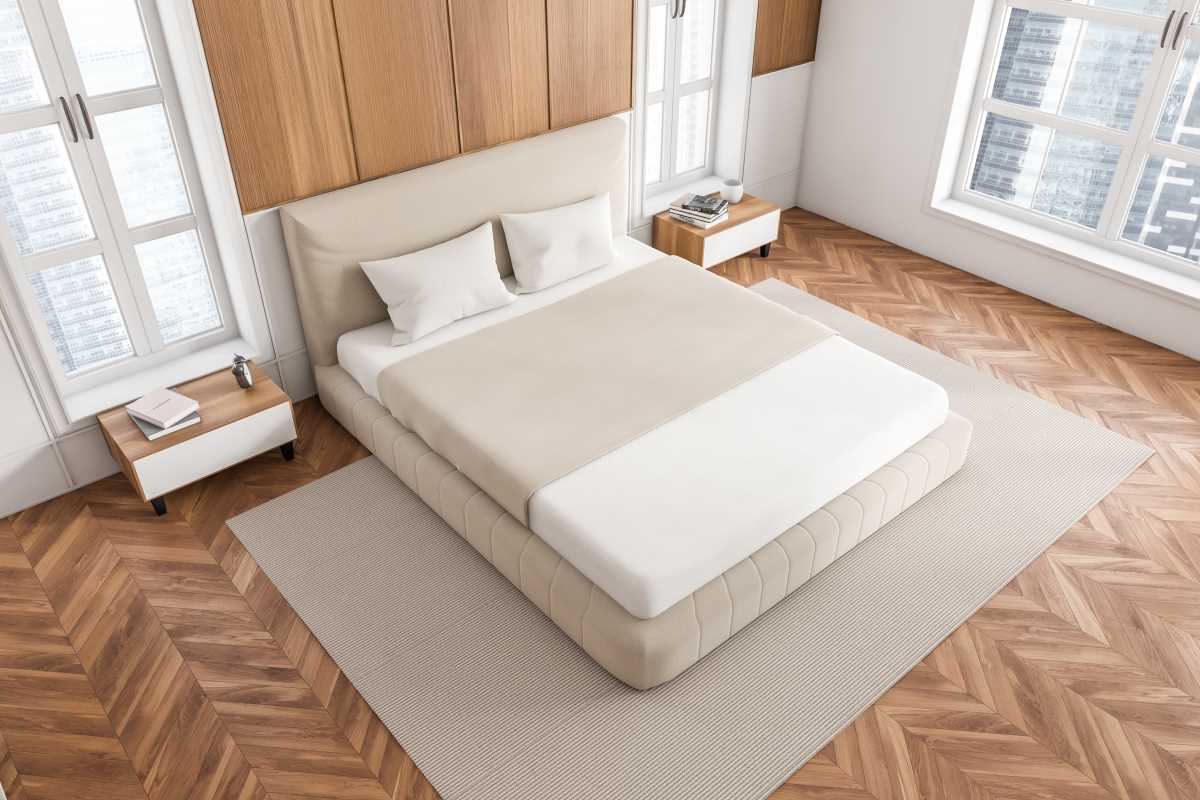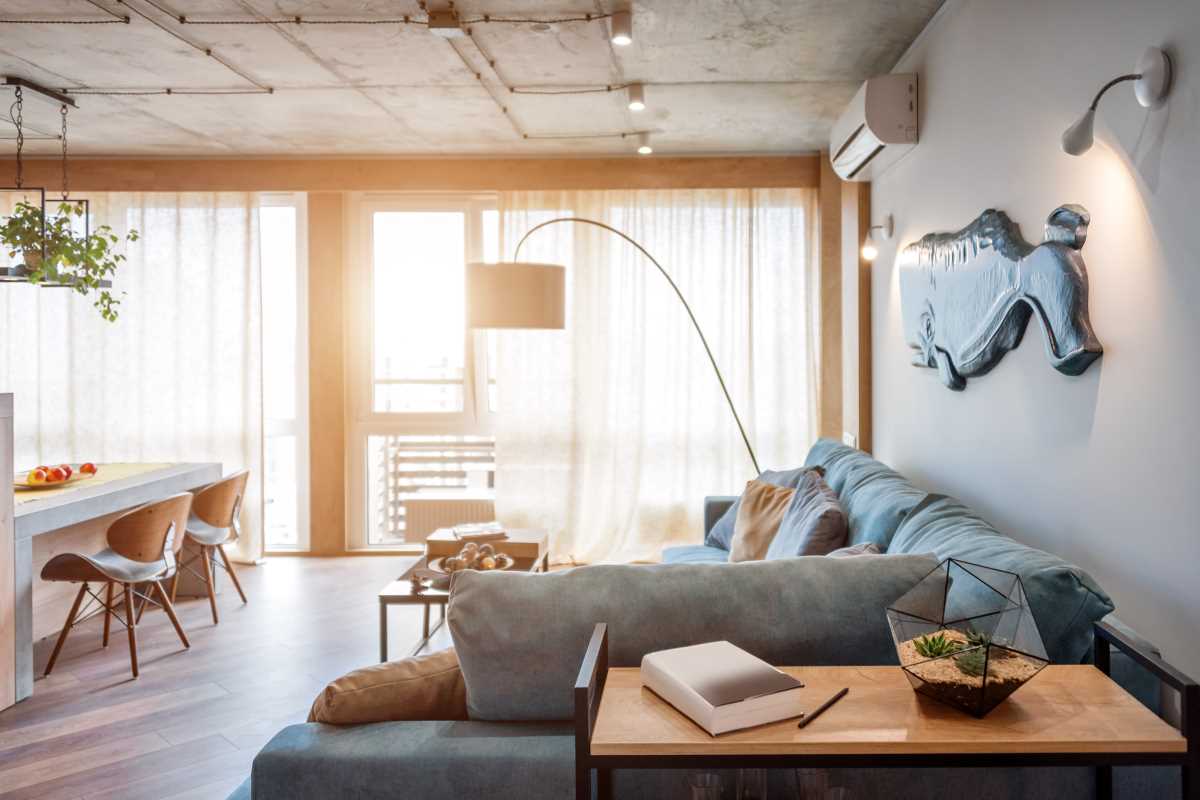In an age of consumerism and constant stimulation, the concept of minimalism has gained popularity as a means to declutter not only our physical spaces but also our minds and lives. Embracing minimalism is more than just reducing material possessions; it is about creating space for what truly matters and cultivating a lifestyle that fosters happiness, contentment, and peace. This article explores the principles of minimalism and offers practical steps to simplify your life for greater happiness.
Understanding Minimalism
At its core, minimalism is about intentionality. It encourages individuals to examine their belongings, commitments, and habits to determine what adds value to their lives. Minimalism is not about deprivation or living with less for the sake of it; rather, it is a conscious choice to focus on quality over quantity. Minimalists often find greater fulfillment and joy by prioritizing experiences, relationships, and personal growth over material possessions.
The minimalist lifestyle can manifest in various ways, from decluttering your home to simplifying your schedule. The ultimate goal is to create an environment that reflects your values and supports your well-being. By embracing minimalism, you can reduce stress, improve mental clarity, and enhance your overall quality of life.
The Benefits of Embracing Minimalism
Adopting a minimalist lifestyle comes with numerous benefits. One of the most significant advantages is the reduction of stress and anxiety. A cluttered environment can be overwhelming, leading to feelings of chaos and distraction. By simplifying your surroundings, you create a peaceful space that fosters relaxation and focus.
Minimalism also promotes financial freedom. By prioritizing needs over wants, individuals can avoid unnecessary expenses and save money. This financial clarity can reduce the stress associated with debt and financial instability, allowing for more freedom to pursue passions and experiences that bring joy.
Moreover, minimalism encourages mindfulness. By focusing on what truly matters, you can cultivate a greater awareness of your thoughts, feelings, and actions. This mindfulness can lead to improved decision-making and a deeper appreciation for the present moment.
Assessing Your Current Lifestyle
Before diving into the practice of minimalism, take time to assess your current lifestyle. Reflect on the areas of your life that feel overwhelming or cluttered. This self-reflection will help you identify specific changes you want to make. Consider the following questions:
- What belongings do I own that no longer serve a purpose?
- Are there commitments in my life that drain my energy?
- Do my daily habits align with my values and goals?
This introspective process will help you clarify your priorities and set the foundation for a more minimalist lifestyle.
Decluttering Your Space
One of the most impactful ways to embrace minimalism is through decluttering your physical space. Start by focusing on one area at a time, whether it’s a room, closet, or workspace. The key is to approach decluttering with intention. Begin by removing items that you no longer use, need, or love. Ask yourself if each item contributes positively to your life. Suppose it doesn’t consider donating, recycling, or discarding it. The goal is to create a space that feels open and organized. As you declutter, consider implementing a “one in, one out” policy. This means that for every new item you bring into your home, you remove one existing item. This practice helps maintain a balanced environment and prevents clutter from building up again.
Simplifying Your Schedule
In addition to decluttering your physical space, simplifying your schedule is a crucial aspect of embracing minimalism. Many people feel overwhelmed by a packed calendar filled with commitments that may not bring them joy. To simplify your schedule, start by identifying the activities and obligations that truly matter to you. Consider the following steps to streamline your commitments:
- Prioritize Your Time: Determine what activities align with your values and contribute positively to your life. Focus on those that bring you joy, fulfillment, and growth.
- Learn to Say No: It’s okay to decline invitations or commitments that do not resonate with you. Saying no can free up time for activities that are more meaningful.
- Batch Similar Tasks: Group similar tasks together to minimize the mental load. For example, set aside specific times for emails, phone calls, and errands to create a more structured routine.
- Limit Screen Time: Evaluate your relationship with technology. Excessive screen time can lead to feelings of distraction and overwhelm. Set boundaries around social media and other digital distractions to reclaim your time.
By simplifying your schedule, you can create more space for self-care, relaxation, and activities that bring you joy.
Cultivating Mindfulness and Gratitude
Embracing minimalism is closely tied to cultivating mindfulness and gratitude. When you simplify your life, you create opportunities to be more present in each moment. Mindfulness involves paying attention to your thoughts, feelings, and experiences without judgment. To practice mindfulness, consider incorporating activities such as meditation, deep breathing exercises, or mindful walking into your daily routine. These practices can help center your mind and enhance your awareness of the present moment. In addition to mindfulness, practicing gratitude can significantly enhance your happiness. Take time each day to reflect on what you are grateful for. This could be as simple as appreciating a warm cup of coffee, a kind word from a friend, or the beauty of nature. Keeping a gratitude journal can serve as a powerful reminder of the positives in your life, shifting your focus away from what you lack and toward what you have.
Building Meaningful Relationships
Minimalism encourages a focus on quality over quantity, particularly in relationships. In a world that often emphasizes social media connections and surface-level interactions, it’s essential to prioritize meaningful relationships with family and friends. Nurturing a smaller circle of close relationships can lead to deeper connections and a stronger support system. To cultivate meaningful relationships, consider the following strategies:
- Spend Quality Time: Prioritize time with loved ones. Engage in activities that foster connection, such as shared meals, outings, or hobbies.
- Communicate Openly: Foster open and honest communication with those you care about. Sharing your thoughts and feelings can strengthen your bonds and create a supportive environment.
- Limit Toxic Relationships: Evaluate the relationships in your life. If certain connections are draining or negative, consider setting boundaries or distancing yourself from them.
By focusing on meaningful relationships, you can create a strong support network that contributes positively to your overall happiness.
Simplifying Your Consumption
Minimalism extends to our consumption habits as well. Adopting a more mindful approach to what you buy can help you avoid clutter and unnecessary expenses. Consider these strategies to simplify your consumption:
- Evaluate Purchases: Before making a purchase, ask yourself if the item adds value to your life. Will it serve a purpose, or is it a fleeting desire? This reflective approach can help prevent impulse buying.
- Invest in Quality: When you do choose to buy, prioritize quality over quantity. Investing in durable, high-quality items can lead to fewer purchases over time and greater satisfaction with your belongings.
- Practice Digital Minimalism: Just as physical clutter can be overwhelming, digital clutter can also contribute to feelings of stress. Regularly declutter your digital devices by deleting unused apps, unsubscribing from email lists, and organizing files.
- Create a Capsule Wardrobe: Simplify your wardrobe by creating a capsule collection of versatile clothing that you love. This approach not only reduces clutter but also streamlines your daily choices.
By simplifying your consumption habits, you can cultivate a more intentional lifestyle that aligns with your values and aspirations.
Embracing Experiences Over Things
A significant aspect of minimalism is the emphasis on experiences rather than material possessions. Research suggests that experiences—such as travel, adventures, and quality time with loved ones—often lead to greater happiness than the acquisition of material goods. Embrace opportunities for meaningful experiences by considering the following:
- Plan Activities: Set aside time for activities that bring you joy. This could include hiking, visiting museums, or exploring new hobbies. Planning experiences create lasting memories that enrich your life.
- Connect with Nature: Spending time in nature can have profound effects on your well-being. Whether it’s a walk in the park or a weekend camping trip, immersing yourself in the outdoors can rejuvenate your spirit.
- Participate in Community Events: Engage with your local community by participating in events or volunteer opportunities. These experiences can foster connections and create a sense of belonging.
By prioritizing experiences over things, you can enrich your life with moments that truly matter.
Living with Intention
At its heart, minimalism is about living with intention. It encourages you to be mindful of your choices and their impact on your life. To cultivate a more intentional lifestyle, regularly reflect on your values, goals, and priorities. Ask yourself whether your daily actions align with your overarching aspirations. Consider creating a vision board or journal to visualize your goals and dreams. This practice can help you stay focused on what truly matters and remind you to take steps toward those objectives. Incorporating daily rituals that align with your values can also enhance your sense of purpose. This might include morning meditation, evening reflection, or setting weekly intentions. These practices create a framework for living intentionally and can lead to greater satisfaction and fulfillment.







